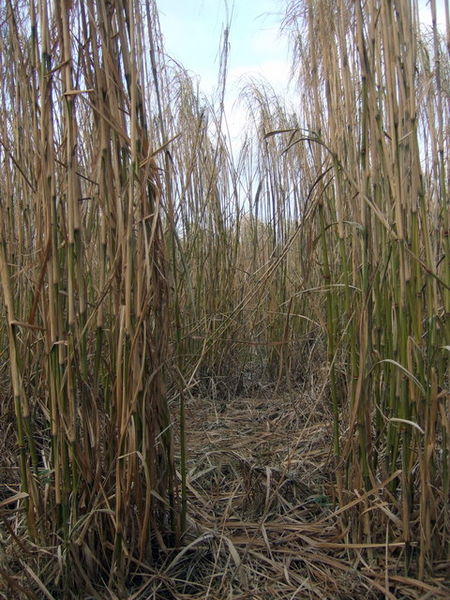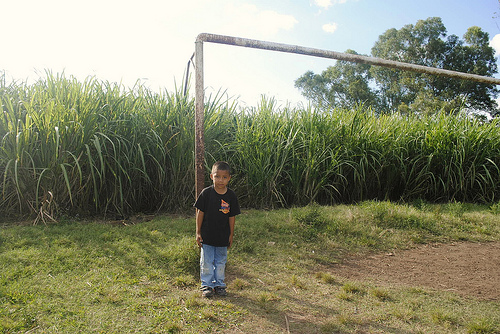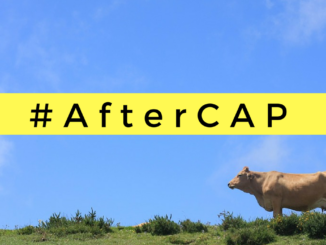The European Parliament (EP) voted Wednesday to include what is called Indirect Land Use Change (ILUC) considerations in its biofuels targets. What effect will this have on the EU’s renewable energy, climate change and also on land use?

This European Parliament vote means that the real climate impact, due to displacement of food production, will be taken into account in the EU’s biofuel targets and policies. A cap of 6% on land-based biofuels, including energy crops, has been adopted.
According to Terhi Lehtonen environment advisor Greens/EFA group: “This would be the minimum necessary to take real measures to tackle the climate, food security and other social impacts due to displacement of food production that is caused by EU biofuels policy.”
Lehtonen adds: “The EP vote also signalled to the markets that future investments should be on biofuels with low-ILUC risk and no food based fuels should be supported after 2020.”
How did the vote go? See votewatch here
Background
Biofuels are liquid fuels made mostly from crops which can be mixed with fossil fuels to run ordinary cars. They are made from corn, wheat,sugarcane or sugar beet in the case of ethanol, or oilseeds such as rapeseed, soy or palm oil in the case of biodiesel.
The EU’s Renewable Energy Directive established a mandatory target of 10% share for renewable energy in the transport sector. Concurrently, the Fuel Quality Directive was amended to include a mandatory target of a 6% reduction by 2020 in the greenhouse gas intensity of fuels used in road transport. The contribution of biofuels towards these targets is expected to be significant. The sustainability criteria and minimum greenhouse gas saving thresholds have not up to now taken into account the carbon stock impacts resulting from indirect changes in land use (ILUC).
Irish independent MEP Nessa Childers, while welcoming the vote, said, “Today’s decision does not go far enough. Unfortunately, under current EU energy policy, crops will still be grown to fuel cars rather than feed people because too much land is being switched from conventional farming to producing raw material for biofuels. The Parliament approved a cap on the production of food-based biofuels and, while this is a step in the right direction, the battle will continue. We need to start phasing out first generation biofuels and making sure we are investing in genuinely sustainable renewable energy sources including non land based biofuels, electricity and cutting the EU’s consumption of energy overall.”

EurActiv’s timeline:
11 Sept. 2013: New biofuels installations must meet a 60% greenhouse gas saving threshold
1 Dec. 2017: Biofuels installations in operation before 1 July 2014 must meet a greenhouse gas saving threshold of 35%
1 Dec. 2017: Biofuels installations in operation before 1 July 2014 must meet a greenhouse gas saving threshold of 35%
31 Dec. 2017: The Commission will submit a review of policy and best scientific evidence on ILUC to the European Parliament and Council
1 Jan. 2018: Biofuels installations in operation before 1 July 2014 must meet a greenhouse gas saviong threshold of 50%
1 Jan. 2020: Deadline for 10% of EU’s transport fuels to be sourced from renewable energies.
Thus, by 2020, the European Commission will not support further subsidies to biofuels unless they can demonstrate “substantial greenhouse gas savings”
Useful links
There is much debate and controversy over the ILUC and climate change impact of biofuels. For a good sum of the debate from all perspectives, see here (including comments)
For Oxfam’s perspective see here
For the Greens/European Free Alliance see here





1 Trackback / Pingback
Comments are closed.